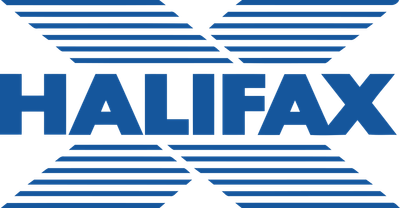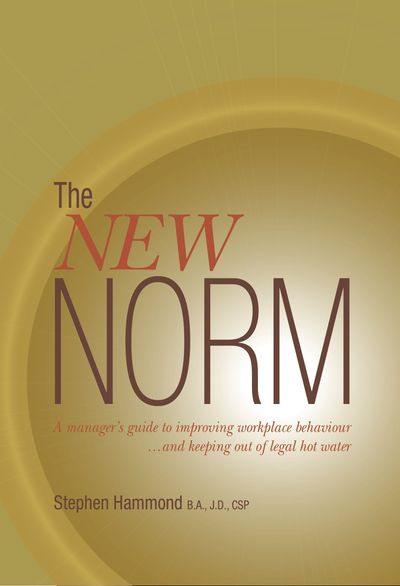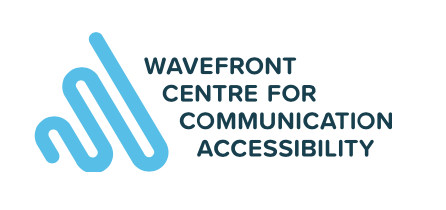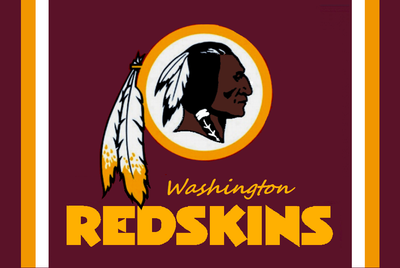Chapter twenty nine
THE NEW NORM listens to different people
Years ago, I joined the board of directors of the Western Institute for the Deaf and Hard of Hearing (operating as Wavefront Centre for Communication Accessibility), a nonprofit agency providing programs and services to the Deaf and Hard of Hearing in Vancouver. My dad has been Hard of Hearing from birth, so for me it was a good fit from a volunteer standpoint. Given the board’s desire to reflect its communities, it ensures a composition of roughly one-third Deaf, one-third Hard of Hearing and one-third Hearing.
I remember clearly one meeting in which every Deaf person voted against a particular matter. Suddenly I realized that on this issue, it didn’t make sense to impose my Hearing world on Deaf people.
To be clear, as a board member I had an obligation to think independently in the best interest of the agency, so I couldn’t always capitulate when I saw certain people voting a certain way. But in this instance, knowing it wasn’t going to compromise the organization, I told the chair that I was changing my vote and explained why.
I learned a lot being part of that organization. Often I had to question my thinking and realize I was coming to various conclusions based on my Hearing world, not the world of those who are Deaf and Hard of Hearing.
Coming from a dominant culture – in my case white, male, educated, able-bodied – I sometimes have to give serious thought to the privilege that automatically comes my way. There’s a saying, “I don’t know who discovered water, but I’m pretty sure it wasn’t a fish,” and I think it applies here.
I often don’t see the privilege that comes my way, so that means I have to be more aware and go out of my way to ask people their perspective, because there’s a good chance it might be different than mine.
Take for example the names and mascots for professional sports teams. The one that gets much attention in North America is the Washington Redskins football team. For decades a number of Native Americans have complained about the name.
Amanda Blackhorse is one of them. She said, "The team’s name is racist and derogatory. I’ve said it before, and I'll say it again – if people wouldn’t dare call a Native American a 'redskin' because they know it is offensive, how can an NFL football team have this name?"
Blackhorse is one of five people who petitioned the U.S. Patent and Trademark Office, asking it to remove the trademark for the Redskins, and in June 2014, the petitioners won. The trademark trial and appeal board wrote, “We decide, based on the evidence properly before us, that these registrations must be cancelled because they were disparaging to Native Americans.”
The Washington owner is appealing the ruling and many of its fans support him all the way. They insist it’s respectful toward Native Americans and the name is steeped in history.
A lot has changed since I wrote this book and this chapter. With the death of George Floyd and the surge of support for Black Lives Matter, many teams are changing their names or coming under pressure. To learn more about our changing times, might consider taking my Respectful Workplace online course. There are plenty of changes taking place to prevent harassment, discrimination and bullying at work.
Barack Obama is on record opposing the name and in California, the government gave until 2017 for four high schools to get rid of their Redskins team names. In November, 2015, athletic company Adidas offered financial and design support for any American high school wishing to get rid of Native American mascots and names.
Up here in Canada, many think we don’t have similar problems. However, in mid-November, 2015, Justice Murray Sinclair, the head of Canada’s Truth and Reconciliation Commission, said Canadian sports teams should also get rid of racist names and mascots. There are a number of Canadian sports teams that use the Redskins name.
Less than two weeks later, Natan Obed, president of Inuit Tapiriit Kanatami, which represents Canada’s 60,000 Inuit, said it was time for the Edmonton Eskimos’ name to be changed. “It isn’t right for any team to be named after an ethnic group…If anyone was to call me an Eskimo, I would be offended by that.”
If anyone reading this thinks, “Oh, come on! It’s no big deal,” this is where we must listen to people affected and try to understand where they are coming from. In many workplaces, people use nicknames and words that others don’t like…Some hate being called some of those names. It’s time to listen.
The OLD NORM
- dismisses as “political correctness” anyone who suggests that practices, names and words be changed to be more inclusive.
- thinks the only people with “privilege” and “entitlement” are those who want to level the playing field, at which point perhaps he loses an advantage.
- may be willing to listen to the beefs of others, but is rarely moved to make change.
- thinks tradition is more important than anything that might offend.
The NEW NORM
- may be caught off-guard when someone suggests something needs to be changed, but is open to listening to a good argument.
- might have a knee-jerk reaction such as “oh, come on!” but is not driven by reactionary thoughts.
- if part of a dominant group, realizes certain privileges come his way, without him even knowing it.
- tries, sincerely, to see life from another person’s perspective…not just her own.
Suggestions for the New Norm:
01
Be part of change. Not every change is for the better. Hearing people’s cell phones ring during a movie or musical production lets us know not all change is good. However, positive change in Canada has come about for women, aboriginals, dark-skinned people and gay, lesbian, bisexual and transgendered people, to name just a few, because people fought for rights and others listened. Other changes are coming about and they are positive; we just have to be part of it.
02
Don’t dismiss everything as “political correctness.” The fact is, the term political correctness was created as a positive term, but it’s rarely seen that way. Sure, some people want change that doesn’t make sense, but we owe people at work the chance to put forward a good argument, and we need to be part of the debate. Even if people don’t “win,” at least they’ve been heard.
03
Take the time to understand privilege. Like the quote about discovering water, it’s often hard to see that some benefit coming your way is due to a disadvantage coming someone else’s way (such as a less-qualified person getting a promotion because they’re friends with the boss). It’s not easy to see it.
This chapter lets you know the importance of listening to others and responding when issues are important to people. For another example where someone learned from their mistake, consider reading
Chapter 35: The New Norm does the right thing…in the end.
Purchase a copy of The New Norm, or if you think all your supervisors and managers, could learn many valuable lessons about creating a respectful workplace, free of harassment, bullying and discrimination, you can get volume discounts.
What one reader has to say about Stephen’s book, The New Norm
“Stephen’s book is a brilliant reminder of workplace situations that are disturbing, yet slip by unaddressed by so many in both the private and public sector. When these behaviours are unaddressed, they become the norm because we allow them to be.
Just like his first book, Stephen is insightful, his writing is moving and he inspires his readers to take immediate action to disapprove of, and address harassment and other inappropriate behaviour every time we see it, feel it and hear about it. In a concise format, he gives us a series of snapshots of old vs. new, acceptable vs. unacceptable, right vs. wrong, in a way that is understandable.
If workplace leaders take just some of Stephen’s practical advice, they will go a long way to rid their workplace of unacceptable behaviours such as harassment, discrimination and bullying. It’s clear that to create Stephen’s “New Norm,” we need to ACT NOW! We can’t wait any longer.”
Tatjana Zatezalo
Manager, Organizational Development, Halifax Regional Municipality

Respectful Workplace Online Training Course
If you, your employees or your managers want more information,
sign up for my new online training course:
The Respectful Workplace in Canada.
With 10 modules of useful, relevant and current information,
this course can help everyone at your workplace.
This may be the best online harassment training your people will get.
Stephen Hammond is a lawyer turned speaker and consultant in the field of harassment, sexual harassment, bullying and discrimination at work.
The New Norm is Stephen’s third book.
Here’s more information about Stephen.





